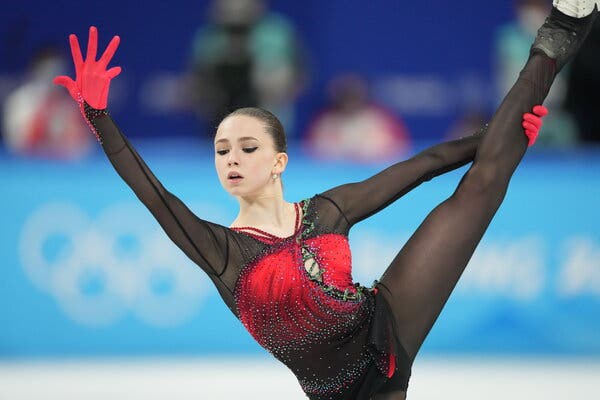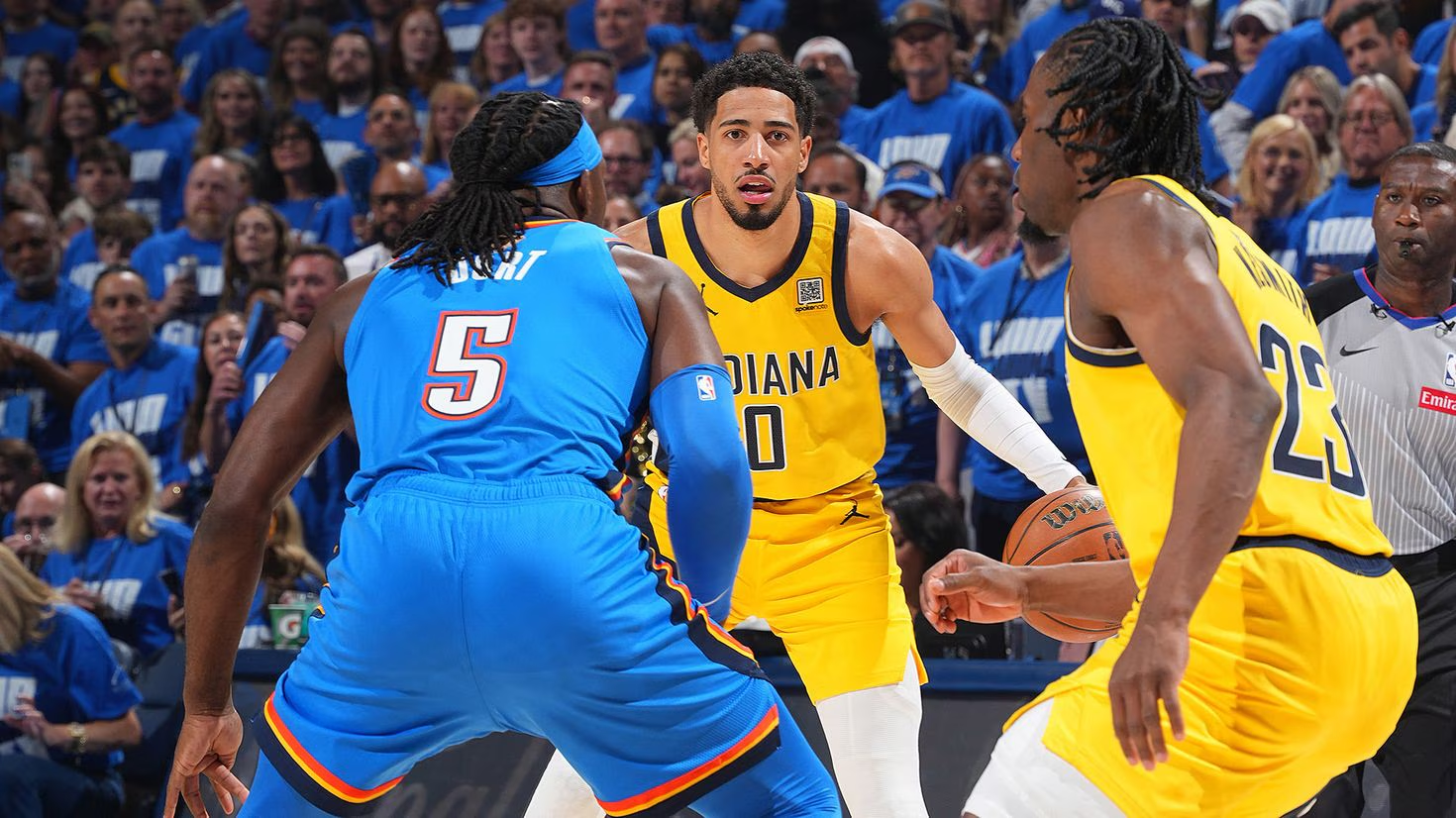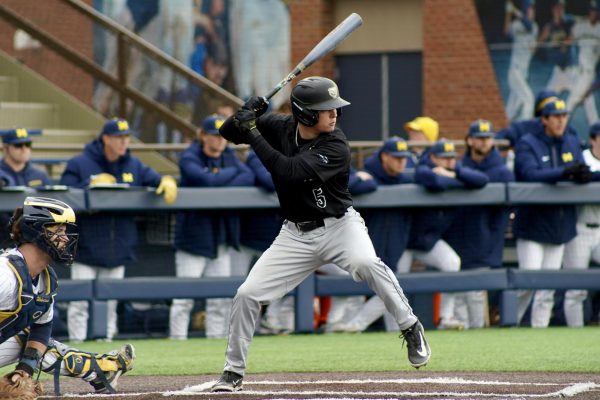The highs and lows of the 2022 Beijing Winter Olympics

Photo courtesy of The New York Times
15-year-old Russian figure skater Kamila Valieva was at the center of a doping scandal.
The 2022 Beijing Winter Olympics were probably one of the most controversial Olympics to date, with many “scandals” in various sports.
The Winter Olympics was held in Beijing – the capital city of China – from Feb. 4 to Feb. 20. 224 U.S. athletes (115 men, 108 women and one non-binary person) competed in 15 sports, and the U.S. has won eight gold, ten silver and seven bronze medals.
In fact, the beginning of the Olympics was quite messy. Recent genocide and brutal crimes against the Muslim population that were happening in Xinjiang, China led the Biden administration, along with other countries, such as Canada, United Kingdom, Australia, Belgium, Denmark, Estonia, India, Kosovo and Lithuania, to announce the diplomatic boycott.
The boycott was only the beginning. Athletes’ complaints about the quarantine facilities, food and weather conditions followed. Natalia Maliszewska, a Polish short-track speed skater, once said on Twitter, “I don’t believe in anything anymore.” There were no tests conducted. There will be no games. After a series of errors by Chinese officials when conducting COVID-19 tests on her, she said, “It’s a huge joke for me.”
The food was another source of criticism among many athletes and coaches. German coach for alpine skiing Christian Schweiger said, during the men’s alpine skiing downhill event, that the catering was “extremely questionable.”
Soon after the opening ceremony, the games started. On Feb. 7, several injuries from alpine skiing and questionable officiating mostly from short track became a hot topic for many. Winter Olympics are notorious for injuries but on the fourth day of the Olympics, the Beijing Winter Olympics has delivered several injuries – from mild to severe – to alpine skiers, and American alpine skier Nina O’Brien was one of the victims. Many officials say the organizers and fake snow created by China are partially to blame.
On the same day, Hwang Dae-heon and Lee June-seo, two South Korean short track speed skaters, were disqualified for illegal contact during the semifinals of the men’s 1,000-meter event in short track after which the Chinese skaters advanced to the final race. The penalty against these two skaters, specifically the world record holder Hwang, led Koreans to allege that there was unfair officiating in favor of the host nation.
During the final race of this event, a similar penalty was given to Shaolin Sándor Liu, Hungarian short track speed skater, for a straight lane change from inside to out causing contact after crossing the finish line first, which eventually led two Chinese skaters winning gold and silver medals. After the event, both the South Korean and the Hungarian team filed protests to the International Skating Union (ISU), who rejected the protests.
Another event to note, yet probably the most controversial event during the Olympic games, was the ISU allowing Russian figure-skater Kamila Valieva, who tested positive on the most recent doping test, to compete in the women’s singles free skating program in figure skating. This 15-year-old’s doping test result showed three drugs – with one banned (trimetazidine) – that are known to enhance the performance of many athletes.
No matter what the stories behind these controversies are, these create biases and unfair circumstances to many athletes, and they must not repeat.
Although overshadowed by these controversies, moments of genuine Olympic spirits and sportsmanship indeed existed. From cheering for American snowboarder Shaun White after the final run in his career, to American speed skater Erin Jackson becoming the first African American woman to win an individual medal in speed skating, it is with no doubt that many athletes shined in their positions regardless of the medals.
Unlike other sporting events, the Olympics bring the entire nation together to raise national pride and promote understanding of the “Olympic spirit.” With hopes for the next Olympics games to provide us with more of these Olympic spirits, we will now have to wait and see what these Winter Olympics athletes will bring to the table for the 2026 Milan Olympics.
The Olympics is followed by the Paralympics that will be held from Mar. 4 to Mar. 13.






